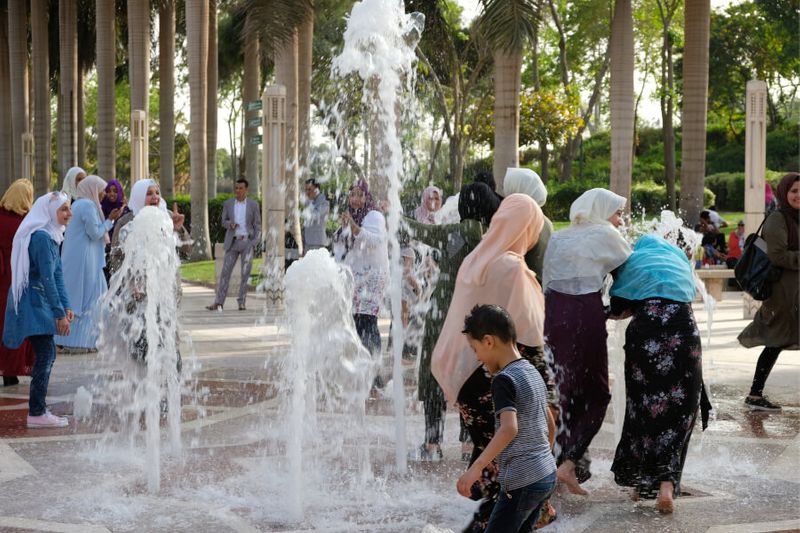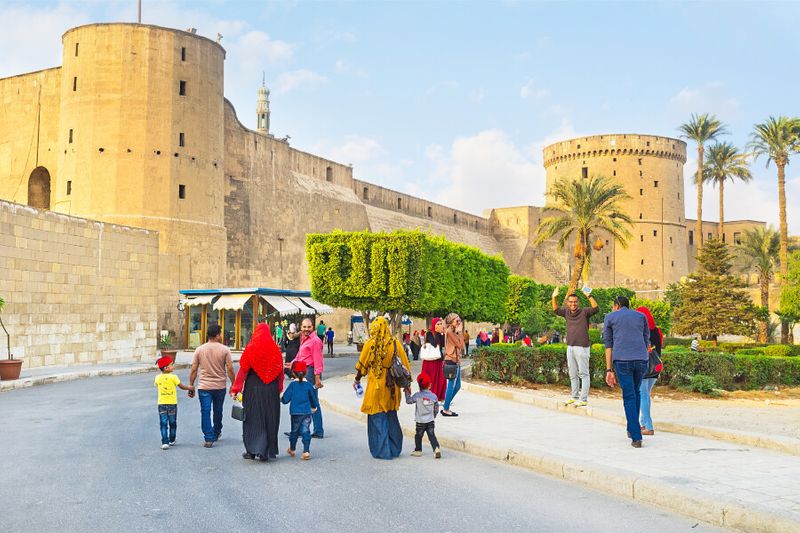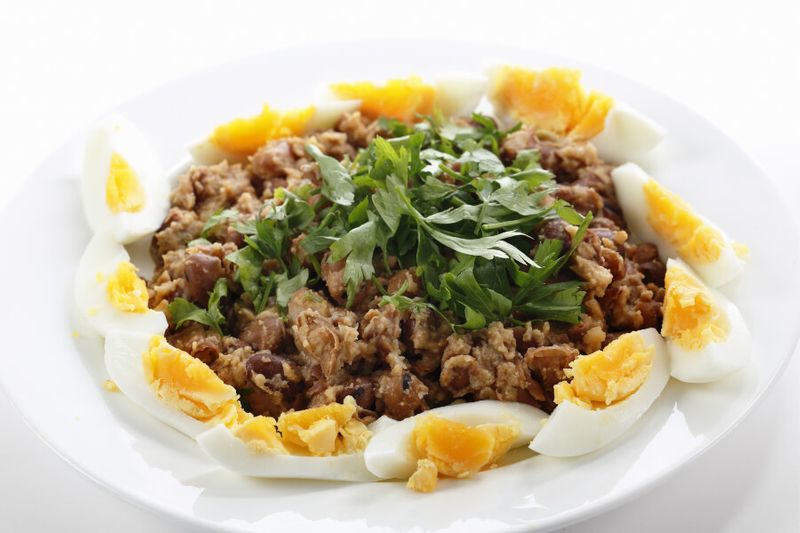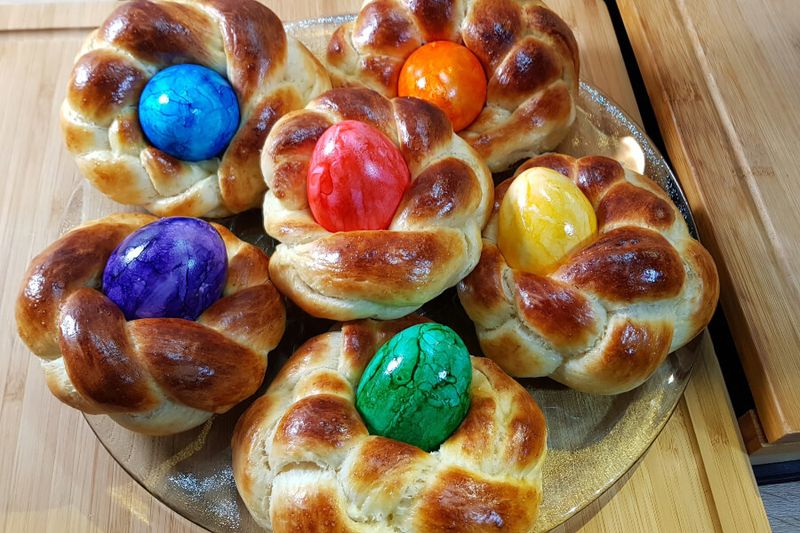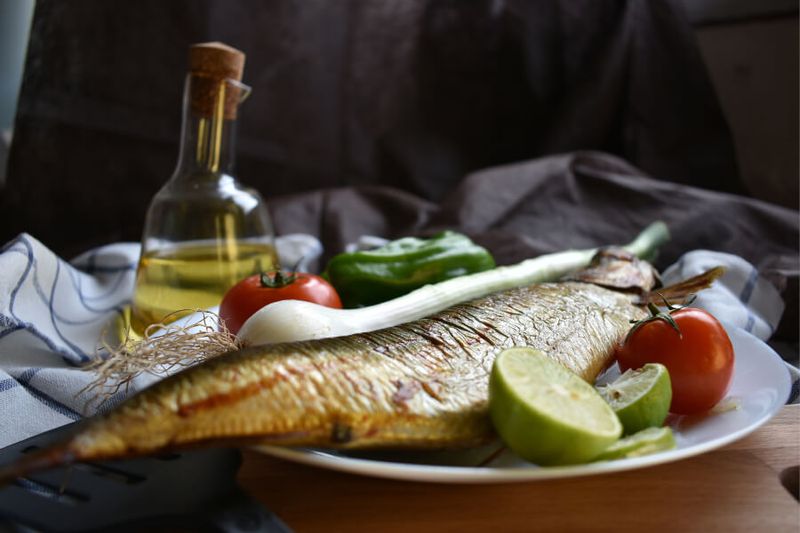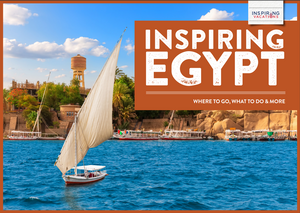This pharaonic holiday is one of Egypt’s oldest celebrations
Every year on Orthodox Easter Monday, Egyptians across the country unite to celebrate Sham El-Nassim—one of the country’s oldest and most sacred occasions. In 2025, the event falls on April 21. Sham El-Nassim translates to ‘smelling the breeze’ in Arabic and commemorates the arrival of spring, ushering in the agricultural season. The event is thought to have ancient origins, with celebrations dating back thousands of years and predating religion. Today, both Muslims and Coptic Christians come together for Sham El-Nessim, observing traditions unchanged for millennia.
History
Evidence places the first celebration of Sham El-Nessim in the third dynasty, between 2650BC–2575BC. Back then, it was known as Shemu – a spring festival whereby citizens offered salted fish and other foods to various deities. It’s likely the event was held to coincide with the spring equinox, an occurrence which was once determined by the direction of the sun against the Pyramids of Giza. As the country became more Arab, the name was phono-semantically matched to Sham El-Nessim and celebrations began to resemble those we see today.
The event has long been celebrated on the Monday after Orthodox Easter; given its secularity, this change likely occurred during the Roman Empire, when existing festivals were aligned with Christian traditions. Centuries later when Egypt had become a majority-Muslim nation, the date of Sham El-Nessim remained the same, as Islam is also tethered to the lunar calendar.
What to expect
A typically jovial occasion, Sham El-Nessim sees people of all religions head to parks and gardens to celebrate spring. Weather at this time of year tends to be pleasant, with mild temperatures enjoyed by all. Picnics are the pastime of choice; families gather together and feast on traditional food while kids enjoy games like football. Other popular activities include Nile cruising, beach visits and trips to the zoo.
Sham El-Nessim is a wonderful day to be in Egypt, but prospective visitors should anticipate large crowds and plan their trip in advance.
Customs
Like many spring and easter festivals across the world, eggs—ancient symbols of rebirth—are an important part of Sham El-Nessim. Traditionally, Egyptians would boil and decorate them for the occasion, before they were painted and hung outside houses. Some people would even write wishes on the eggs in the hopes that the gods would fulfil them overnight.
Another similarity to Orthodox and Coptic Easter celebrations around the globe is the baking of sweet, brioche-like bread that is braided and served with coloured eggs.
Traditional food
There are several dishes associated with Sham El-Nessim, from spring onions to lupini beans, but the most time-honoured is feseekh—aged and heavily salted mullet. Despite annual warnings from the national health authorities to avoid the fermented fish or risk food poisoning, feseekh remains an important part of Sham El-Nessim celebrations for many. It’s believed that feasting on feseekh is one of the longest standing traditions, eaten thousands of years ago by ancient Egyptians during Shemu.
If you’re determined to do as the Egyptians do and sample the fish, make sure you buy from a well-reputed fasakhani (someone who specialises in preparing it) and keep lots of water on hand to aid in digestion. With any luck, your biggest concern is likely to be whether you can stomach it.
